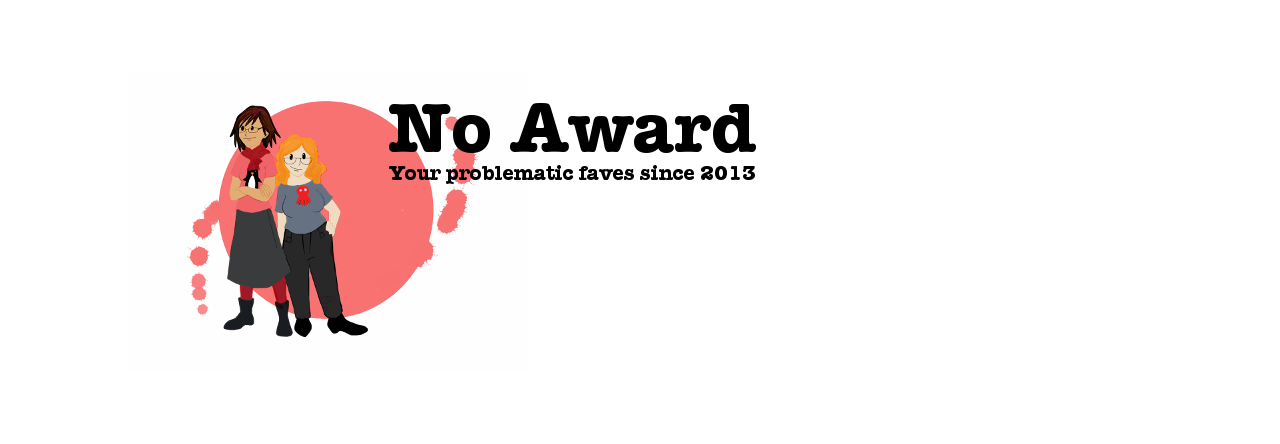On Friday I was chuffed to attend the 2nd Asia Pacific Writer’s Forum held at the Wheeler Centre as part of the Melbourne Writer’s Festival. Our topics for the forum were “Increasing Diversity,” “Media Control”, and “The Literary Economy”. I live-tweeted the event, and Peril recorded it for future analysis but I am cheekily getting in first with my feels.
This post is a combination of note taking of the discussions and translations into my feelings and continuing thoughts.
But relatedly, and above the cut: today I issued a challenge on twitter:
https://twitter.com/yiduiqie/status/636698191430291456
https://twitter.com/yiduiqie/status/636697875297144832
1. Increasing Diversity
The Wheeler Centre is symbolically a great location for us to be holding this event: there’s this great opportunity to embrace the diversity in our geographic location, both globally and quite literally there at the corner of La Trobe and Elizabeth Streets, an area surrounded by a variety of peoples and ethnicities. This can be carried through to the events that occur.
We asked: Who is speaking at festivals, and are we truly trying to increase diversity at them? How do we push diversity, and how do we identify what needs to be pushed? Diversity problems in gaming can be easy to identify because they’re so obvious – but is this a part of the low hanging fruit problem? Does it create a complacency in other areas – “Oh we’re not like the gaming industry, therefore we’re okay?”
One person commented that the Australian education system can be a real barrier to diversity in reading and in festivals in Australia – the lack of bilingualism impacts who and what is read.
It’s why I was so chuffed to find that Dolores Redondo was speaking at the festival, and had a translator with her. Listening to her speak, though I don’t understand Spanish, was excellent – and the giggles in the audience indicated there were many Spanish speakers in attendance!
Similarly, the win last weekend of the translation of Liu Cixin’s The Three Body Problem / 三体 at the Hugo Awards indicates that there’s room for ways to overcome this barrier, and, I hope, is a flag to people who are completely unfamiliar with non-Western fiction (especially SFF), that we can be introducing diversity in this way in our reading and our festivals.
There’s also a lack of diversity in the location of festivals – they’re frequently located within the CBDs of Australian cities (and only some Australian cities). There are often little adventurers – pieces of MWF are taking place in Footscray, for example – but this is often the exception, rather than the rule.
2. Media Control
We were introduced to this topic with the idea that media is the fourth pillar of democracy – but we often have difficulty in getting the media to write about issues. Writers often find their voices through magazines and publishing houses that are controlled by larger corporations – how does that impact their voices, and what they can say?
It can be difficult to get published in Australia if you’re not a certain type of person – if you experiment, or write from a different voice or ethnicity, for example, or don’t fit a certain type of mould. It’s a form of censorship to prioritise majority voices and ignore minority voices.
We discussed how economies of scale in Australia create problems in supporting diversity, so do we need to be more realistic about the size of Australia and the audience here?
I disagree with this, a little bit. Small press in Australia is so amazing for Science Fiction and Fantasy. Fablecroft, Ticonderoga, 12 Planet Press immediately spring to mind as presses doing great things with publishing and promoting diversity in Australian SFF.
(I’m reminded of Tehani telling me how difficult I made things in Cranky Ladies by including Chinese characters in my text – but she still worked the layout out. Does that stop publishers from publishing diverse texts?)
We looked at circumventing censorship: should we be looking to other countries? New media helps, but isn’t infallible. The government uses those scale arguments, and the idea of cross-accessibility of new media, to delegitimise and deregister little organisations and diversity. Government removal of tv licenses is depoliticised by the language of technology but that technology is often not available/accessible by those who need it. And – as if corporate broadcasting doesn’t exist and isn’t given priority of access in many lives when moving community tv online. New media often relies on USA resources – for example, Peril Magazine is hosted on WordPress, and therefore supports USA imperialism and is subject to that. Facebook and Twitter are the same.
Structural diversity is being replaced by vague diversity at community broadcasting – check out nembc.org.au for more details.
3. The Literary Economy
We have to keep telling and telling telling stories to keep it diverse and to be heard. Voices can be difficult to get due to prevalence of unpaid spots/internships/opportunity – therefore aspiring voices must have money/privilege in order to speak, either to support oneself during the unpaid opportunity, or to fund own avenues.
There’s a lot we can learn from other arts economies in talking about the literary economy. Film literacy has greater reach and access, in part because it’s visual – it can have subtitles, thus increasing diversity.
(A very large aside, I suppose: anecdotally, I know that lots of Deaf Australians go to subtitled films, and as a result lots of non-English films, because they’re so well subtitled. A person had to walk out of a movie at MQFF this year because a film had been advertised as ‘with subtitles’, but the subtitles were only for the bits that weren’t in English)
Should writers be looking at things like Patreon to move into other funding models
(Should No Award be looking at Patreon? Liz says yes, mostly to subsidise her media purchases.)
In India there’s a rural women’s journalist organisation of women being trained and crowd funded as a different economy.
